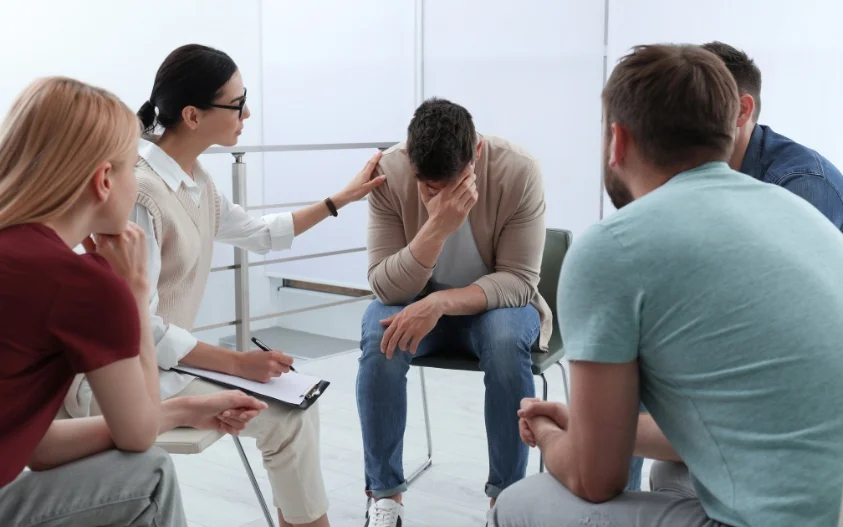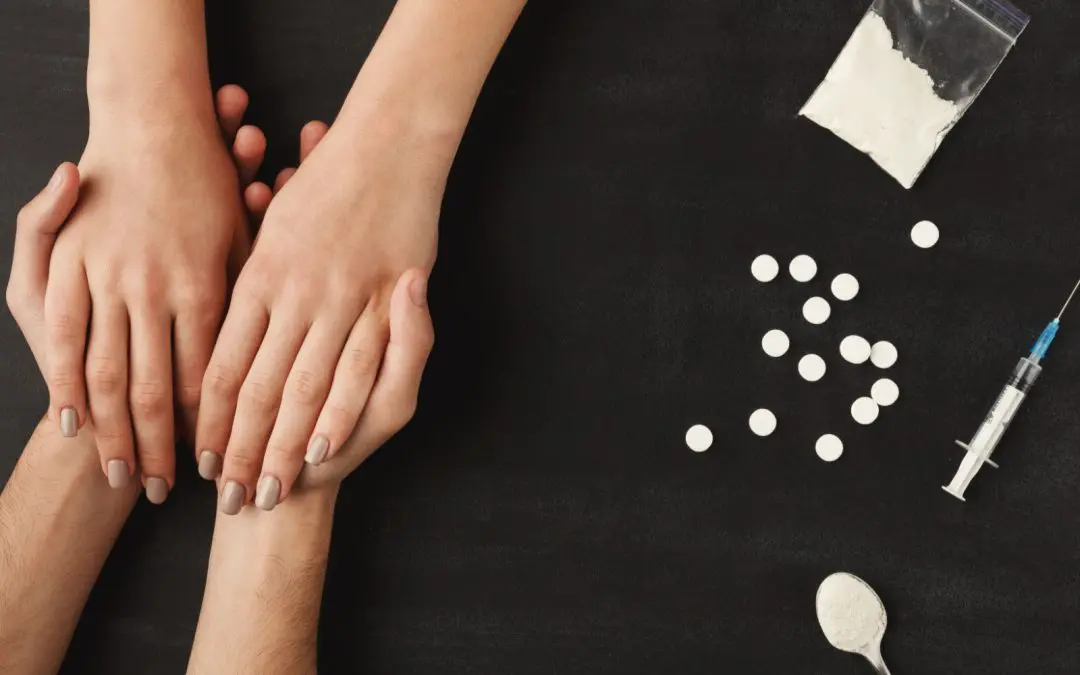24/7 Helpline:
(866) 899-221924/7 Helpline:
(866) 899-2219
Learn more about PTSD Treatment centers in Redby
PTSD Treatment in Other Cities

Other Insurance Options

Horizon Healthcare Service

Kaiser Permanente

Carleon

AllWell

Absolute Total Care

Magellan

BlueCross

United Health Care

Ambetter

BHS | Behavioral Health Systems

Optum

Sliding scale payment assistance

Multiplan

Sutter
Beacon

Health Net

MVP Healthcare

Humana

Private insurance

Optima

Red Lake Chemical Health Programs – Northern Winds Treatment Center
Red Lake Nation - Chemical Health Programs are an indigenous drug and alcohol addiction treatment pr...

Sanford Behavioral Health – 15th street
Sanford Behavioral Health - 15th street is an outpatient facility that offers treatment for individu...

Oshki Manidoo Center
The Oshki Manidoo Center, located in Bemidji, Minnesota, is a holistic healing center for Native Ame...

Program for Recovery
Program for Recovery is a private rehab located in Bemidji, Minnesota. Program for Recovery speciali...











































































































Restore House
Restore House is a Chemical Dependency Treatment Program for adult men struggling with substance abu...

Lakes Region Chemical Dependency
Lakes Region Chemical Dependency is a private rehab located in Bemidji, MN. Lakes Region Chemical De...

CBHH
CBHH is a public rehab located in Bemidji, Minnesota. CBHH specializes in the treatment of dual diag...

Restore House – Mississippi House
Restore House - Mississippi House is a Chemical Dependency Treatment Program for adult men strugglin...

Sanford Behavioral Health – Grove Avenue
Sanford Behavioral Health - Grove Avenue is an outpatient facility that offers treatment for individ...

Sanford Behavioral Health Headwaters ACT
Sanford Behavioral Health Headwaters ACT offers outpatient services for individuals with a Mental He...

Red Lake Chemical Health Programs – Outpatient
Red Lake Chemical Health Programs - Outpatient is an outpatient program for alcohol and drugs addict...

Red Lake Chemical Health Programs – Outpatient
Red Lake Chemical Health Programs - Outpatient is an outpatient program for alcohol and drugs addict...

Odayin House
Odayin House is a private foster care home located in Bemidji, Minnesota. Odayin House is a Certifie...

Sprucewoods East
Sprucewoods East is a private foster care home located in Bemidji, Minnesota. Sprucewoods East is a ...

Sprucewoods IAFC
Sprucewoods IAFC is a private foster care home located in Bemidji, Minnesota. Sprucewoods IAFC is a ...

Briar Rose
Briar Rose is a private foster care home located in Bemidji, Minnesota. Briar Rose is a Certified Co...

Red Lake Alcohol Rehab Program
Red Lake Alcohol Rehab Program is a private rehab located in Redlake, Minnesota. Red Lake Alcohol Re...

Sprucewoods West
Sprucewoods West is a private foster care home located in Bemidji, Minnesota. Sprucewoods West is a ...



































































